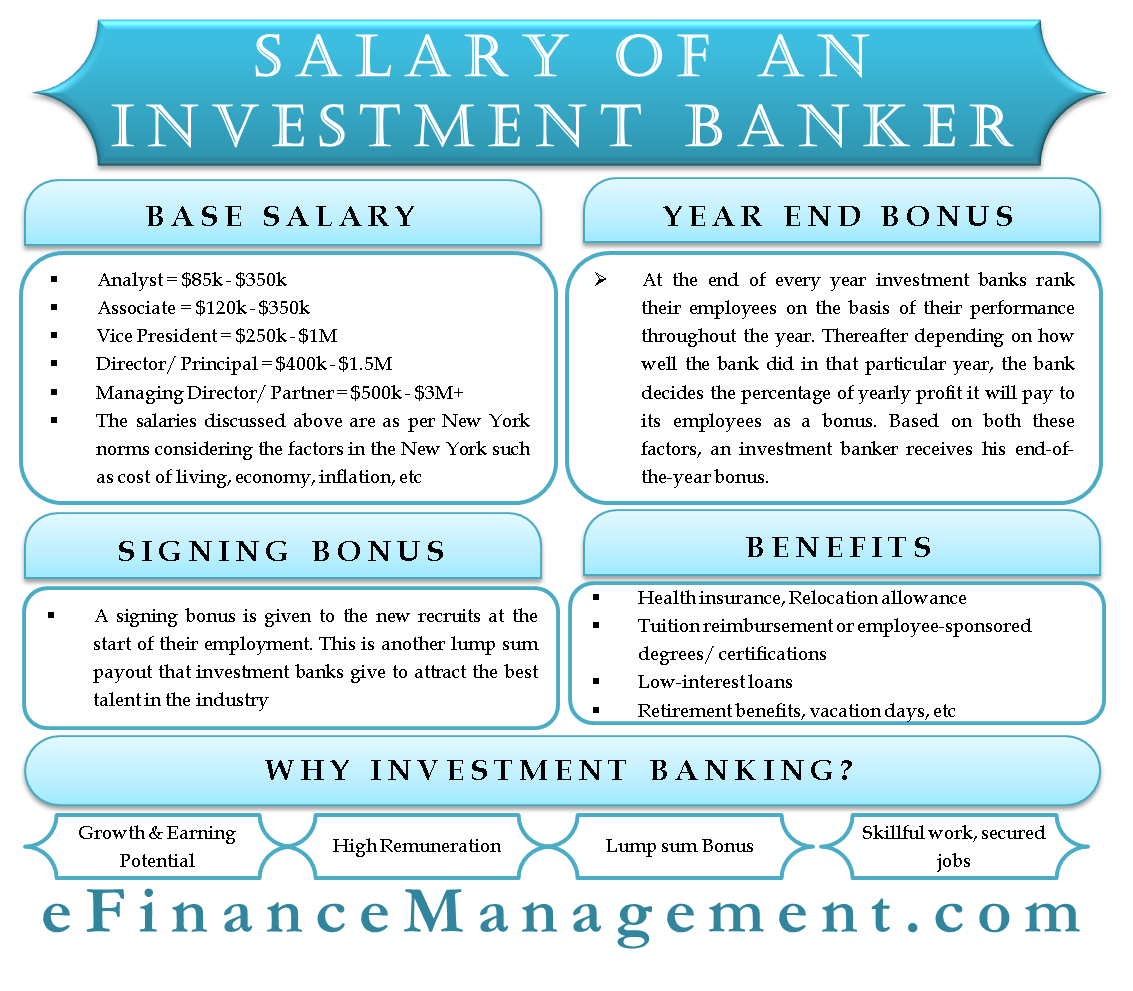The world of banking offers a diverse range of career paths, each with its own unique set of responsibilities, skill requirements, and compensation structures. Understanding the nuances of these various roles, from international banking to personal banking, is crucial for individuals considering a career in finance, as well as for those already established in the industry seeking to advance their careers or explore new opportunities.
International Banker Compensation

International banking is a complex and demanding field that involves managing financial transactions and relationships across national borders. International bankers work for multinational corporations, financial institutions, and government agencies, facilitating global trade, investment, and financial flows. Their responsibilities can include a wide array of tasks, such as cross-border lending, foreign exchange trading, trade finance, and advising clients on international investment strategies. The complexities involved, along with the need for specialized knowledge of international regulations, cultural nuances, and foreign languages, contribute to the attractive compensation packages often associated with these roles.
The average salary for an international banker can vary significantly depending on several factors, including experience level, geographic location, the size and type of the employer, and the specific responsibilities of the role. Generally, entry-level positions may start with a competitive salary that reflects the demanding nature of the work and the specialized skills required. As professionals gain experience and develop expertise in specific areas of international finance, their earning potential increases substantially. Senior-level international bankers, who often manage large portfolios, lead teams, or specialize in complex financial transactions, can command substantial salaries and bonuses. Factors like possessing an MBA or other advanced degrees, fluency in multiple languages, and demonstrated success in international markets can further boost earning potential.
Geographic location plays a significant role in determining the compensation levels for international bankers. Major financial centers, such as New York, London, Hong Kong, and Singapore, tend to offer the highest salaries due to the concentration of international financial institutions and the high cost of living. However, even within these major hubs, salaries can vary based on the specific employer and the nature of the work. For example, an international banker working for a large investment bank may earn significantly more than one employed by a smaller regional bank or a non-profit organization.
Furthermore, the specific responsibilities of the role also have a significant impact on compensation. International bankers specializing in areas such as mergers and acquisitions, private equity, or structured finance typically earn higher salaries compared to those focused on more general banking functions. The complexity and risk associated with these specialized areas demand a higher level of expertise and experience, which is reflected in the compensation packages.
Beyond base salary, international bankers often receive performance-based bonuses, which can be a substantial portion of their overall compensation. These bonuses are typically tied to the individual’s performance, the performance of their team, and the overall financial performance of the institution. In addition to bonuses, international bankers may also receive other benefits, such as health insurance, retirement plans, stock options, and paid time off. Some employers may also offer additional perks, such as housing allowances, transportation assistance, and tuition reimbursement for professional development courses.
Personal Banker Compensation

Personal banking focuses on providing financial services and products to individual customers. Personal bankers act as the primary point of contact for clients, helping them manage their finances, open new accounts, apply for loans, and make investment decisions. They play a critical role in building relationships with customers, understanding their financial needs, and providing tailored solutions to help them achieve their financial goals. Unlike international bankers who deal with complex international financial transactions, personal bankers work directly with individuals, providing personalized service and financial guidance.
The salary of a personal banker, while generally lower than that of an international banker, still offers a competitive income and opportunities for career advancement. Several factors influence the salary levels for personal bankers, including experience level, geographic location, the size and type of the employer, and performance. Entry-level personal banking positions typically offer a starting salary that reflects the responsibilities of the role and the necessary skills and knowledge. As personal bankers gain experience, develop strong customer relationships, and demonstrate success in meeting sales targets, their earning potential increases significantly. Senior personal bankers, who often manage larger portfolios of clients, lead teams, or specialize in specific areas of personal finance, can command higher salaries and bonuses.
Geographic location also plays a significant role in determining the compensation levels for personal bankers. Areas with a higher cost of living, such as major metropolitan cities, tend to offer higher salaries compared to smaller towns and rural areas. Furthermore, the demand for personal banking services can also vary depending on the economic conditions and demographics of a particular region. Banks and credit unions in areas with a growing population and a strong economy may be more willing to pay higher salaries to attract and retain qualified personal bankers.
The size and type of the employer also influence the salary levels for personal bankers. Large national banks and credit unions typically offer more competitive salaries and benefits compared to smaller regional banks or community-based financial institutions. These larger institutions often have more resources to invest in employee compensation and benefits packages, as well as more opportunities for career advancement. However, smaller community banks may offer a more personalized and supportive work environment, which can be an important consideration for some individuals.
Performance is a critical factor in determining the compensation levels for personal bankers. Personal bankers are often evaluated based on their ability to meet sales targets, acquire new clients, and retain existing customers. Those who consistently exceed their sales goals and provide excellent customer service are more likely to receive higher salaries and bonuses. In addition to base salary, personal bankers often receive performance-based bonuses, which can be a significant portion of their overall compensation. These bonuses are typically tied to the individual’s performance, the performance of their team, and the overall financial performance of the institution.
Beyond base salary and bonuses, personal bankers may also receive other benefits, such as health insurance, retirement plans, paid time off, and tuition reimbursement for professional development courses. Some employers may also offer additional perks, such as employee discounts on financial products and services, flexible work arrangements, and opportunities for community involvement.
In conclusion, both international banking and personal banking offer rewarding career paths within the finance industry, each with its unique challenges and opportunities. While international bankers typically earn higher salaries due to the complexity and global nature of their work, personal bankers play a vital role in helping individuals manage their finances and achieve their financial goals. Understanding the compensation structures and factors that influence salary levels for both roles is crucial for individuals considering a career in banking, as well as for those seeking to advance their careers and maximize their earning potential.
If you are looking for Banker Salary (Actual 2025 | Projected 2026) | VelvetJobs you’ve visit to the right page. We have 5 Images about Banker Salary (Actual 2025 | Projected 2026) | VelvetJobs like Salary Of An Investment Banker – Banker Salary, HD Png Download – kindpng, Banker Salary (Actual 2025 | Projected 2026) | VelvetJobs and also Banker Salary (Actual 2025 | Projected 2026) | VelvetJobs. Here it is:
Banker Salary (Actual 2025 | Projected 2026) | VelvetJobs

www.velvetjobs.com
Investment Banker Salary Us – Enge Salary

engesalary.blogspot.com
The Average Salary Of An International Banker | Sapling

www.sapling.com
banker international
Personal Banker Salary (March 2024) – Zippia

www.zippia.com
Salary Of An Investment Banker – Banker Salary, HD Png Download – Kindpng

www.kindpng.com
Banker salary (actual 2025. Banker international. Personal banker salary (march 2024)




